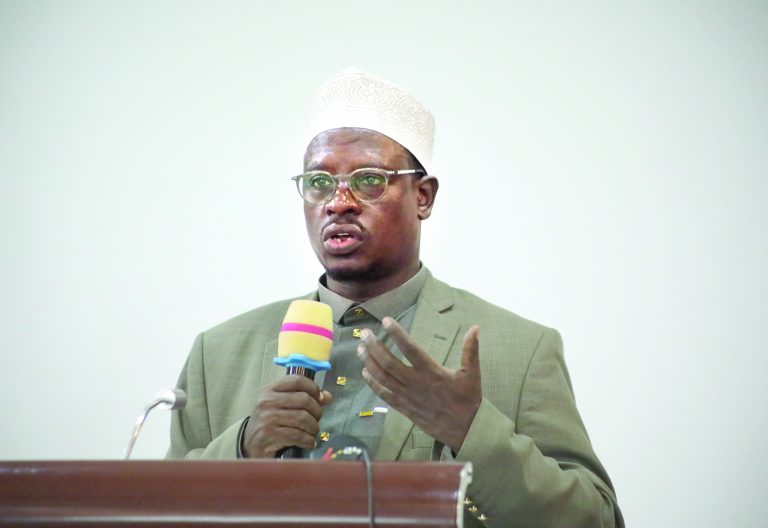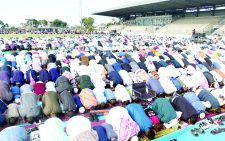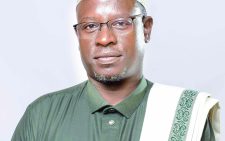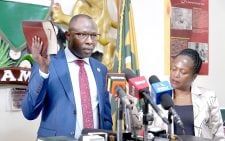Supkem wants to be involved in spiritual meetings with patients

Did you know that Chaplaincy or spiritual management of patients with critical illnesses supplements medical interventions?
The Supreme Council of Kenya (Supkem) yesterday answered this question in a forum where its officials called on the government to support a proposal to have chaplaincy by their faith leaders institutionalised in health facilities handling patients with chronic diseases.
“We humbly seek support from the Ministry of Health and Development Partners in signing a Memorandum of Understanding to institutionalise spiritual care in hospitals,” Supkem National Chairman, Al-Hajj Hassan Ole Naado, appealed during a consultative meeting with 47 Islamic faith-based organisations, regional Supkem coordinators and county leadership hosted by the National Syndemic Diseases Control Council (NSDCC) in Nairobi.
The council is concerned that whereas other faiths have spiritual representatives in health facilities, patients from the Muslim community who may need religious uplifting while battling with various ailments, only have to do with medical intervention.
Ole Naado said that the council has started the chaplaincy programme in its owned and managed health facilities, but it could be more sensible for patients who profess the Muslim faith if public hospitals, especially referral institution,s had one of their own.
“The government has actually started a chaplaincy programme at Kenyatta National Hospital, but only that the Muslim faith has been left out, and we’re trying to strengthen that,” he said at the opening of the two-day meeting.
The meeting, the first of its kind, is also reviewing draft policies under the Supkem Health Directorate, HIV programme integration in faith-based health facilities, and facility registration and licensing, among others.
Participants who include medics from Supkem-owned health facilities, Ministry of Health officials and partners such as AMREF Health Africa and the Clinton Health Initiative (CHAI) are also seeking an update on digital health reforms and the Social Health Authority (SHA).
The call for institutionalising chaplaincy in public health facilities was reinforced by Dr Hussein Iman Sigat, the Director of Health and Sanitation at Supkem.
“As much as our colleagues, our brothers and sisters from the other faith, are benefiting from counselling services and religious counselling and so on within the hospital premises for the patients and for the staff, we also want to be involved,” he said.
This appeal is contained in a proposed plan by Supkem to have a framework so that the Muslim Chaplains are also enrolled and employed, and deployed to facilities.
Dr Iman revealed that the Supkem has already had engagement with the Council of Governors (COG), the Directorate of Health on this issue.















